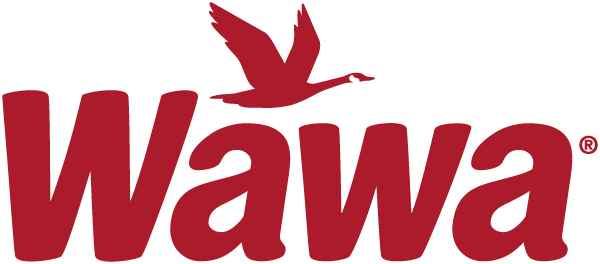When I was growing up we actually had a favorite gas station. I can only imagine the reaction from Gen Xers and Millennials.
It was Obie and Doc’s and we had “traded” (as my dad would say) with them for years. Friendly. Full service. Check the oil. Check with wiper fluid. No cash? No problem; put in on my tab. We never considered going to another gas station unless we went out of town.
That sounds so foreign today with gas stations and oil company brands seemingly racing for the generic. What’s the difference between a Shell and a Mobil? Sorry, Exxon/Mobil. The ubiquitous nature of gas stations makes even location (“closest to me”) no longer as significant as is which side of the intersection is it on. (There is a Shell station near me that recently went out of business because its NE corner was not as convenient to traffic flow as the NW corner where the BP now thrives).
While Shell, BP and Exxon/Mobil all arm wrestle for low price and convenience, there is another company that has embraced a different strategy. It is described in “Blue Ocean Shift” by W. Chan Kim and Renee Mauborgne, as “shifting away from the red ocean of competition to a blue ocean of differentiation and low cost.”

Wawa, a 200-year-old company, recast from “a convenience store and gas station that also sells food, to a leading quick-service restaurant and leader in the fast-casual-to-go space that also sells gas and convenience items.”
“If you sell gas, people have traditionally assumed you can’t be a high-quality food restaurant. So, we set out to disrupt the space by completely changing that very perception. We aimed to create a leap in value, in the quality, freshness and overall health of the food we sold at the best possible price.”
Wawa Vice Chairman Howard Stoeckel
Get this! Wawa now sells more food per store than McDonald’s.
The Blue Ocean Shift stresses about the importance of HUMANNESS. For Wawa that means employees aren’t just hired help, they are associates and co-owners of the company.
HUMANNESS should be a significant competitive advantage for your station. It is the humanness between the songs that transforms a format of basically unfamiliar music to a market leader. Friends. Laughter and tears. Conversations that I would have with my family and co-workers.
If your station is facing increased competition from nationally syndicated formats maybe you should consider how Wawa has transformed their business model. Your Blue Ocean shift can be away from the generic red ocean of unfamiliar music stations and toward the blue ocean of differentiation with humanness, relevance, and a shared point of view.
